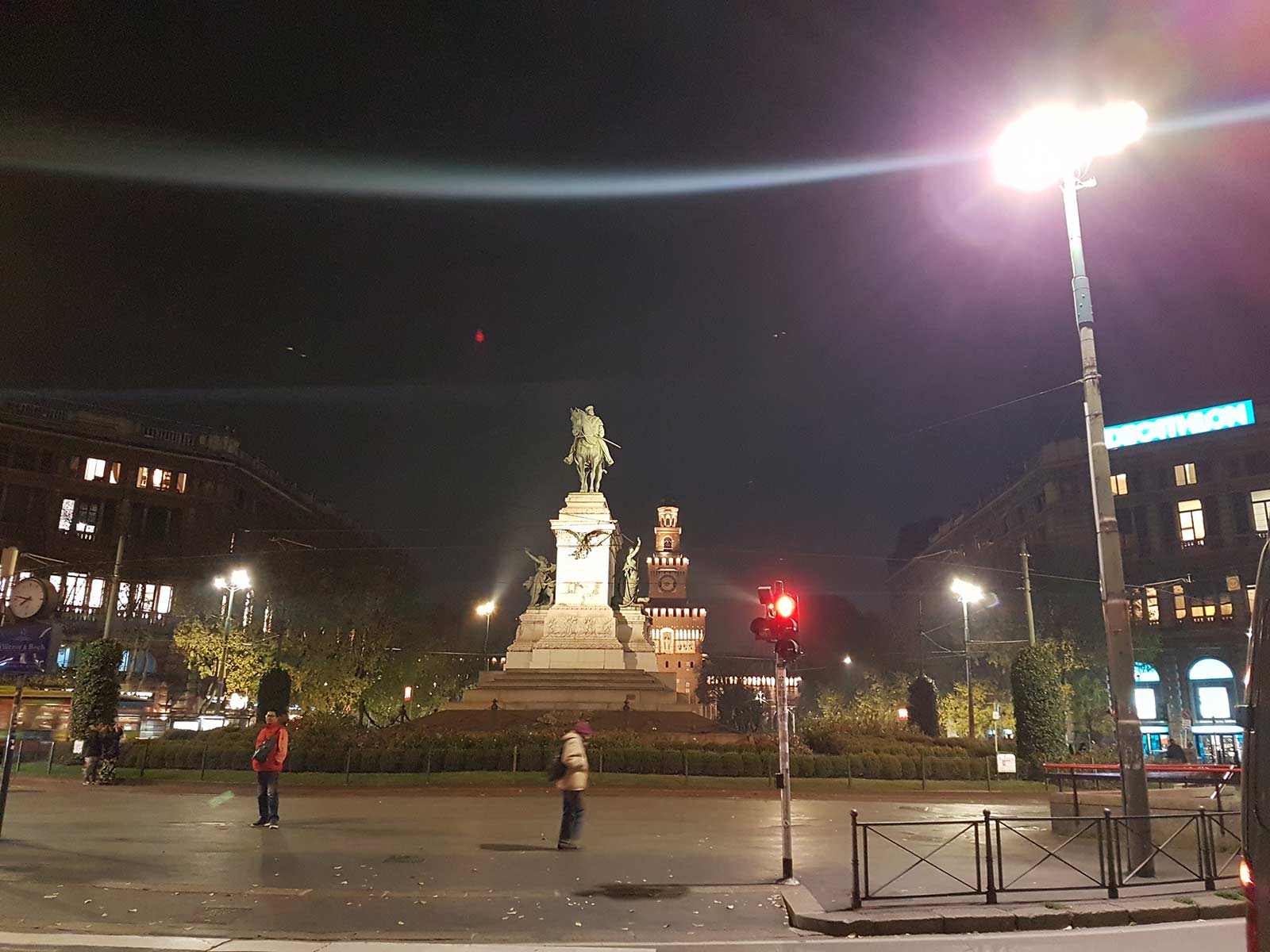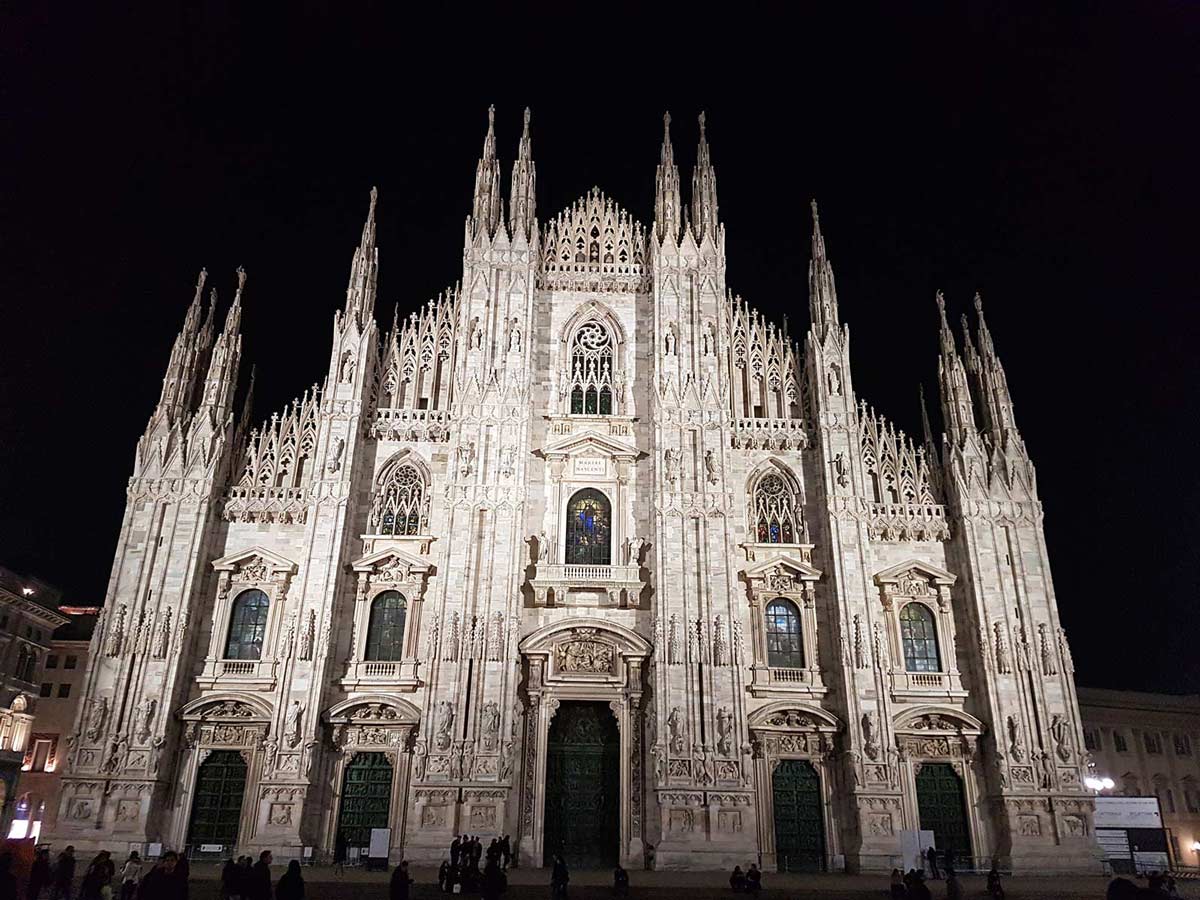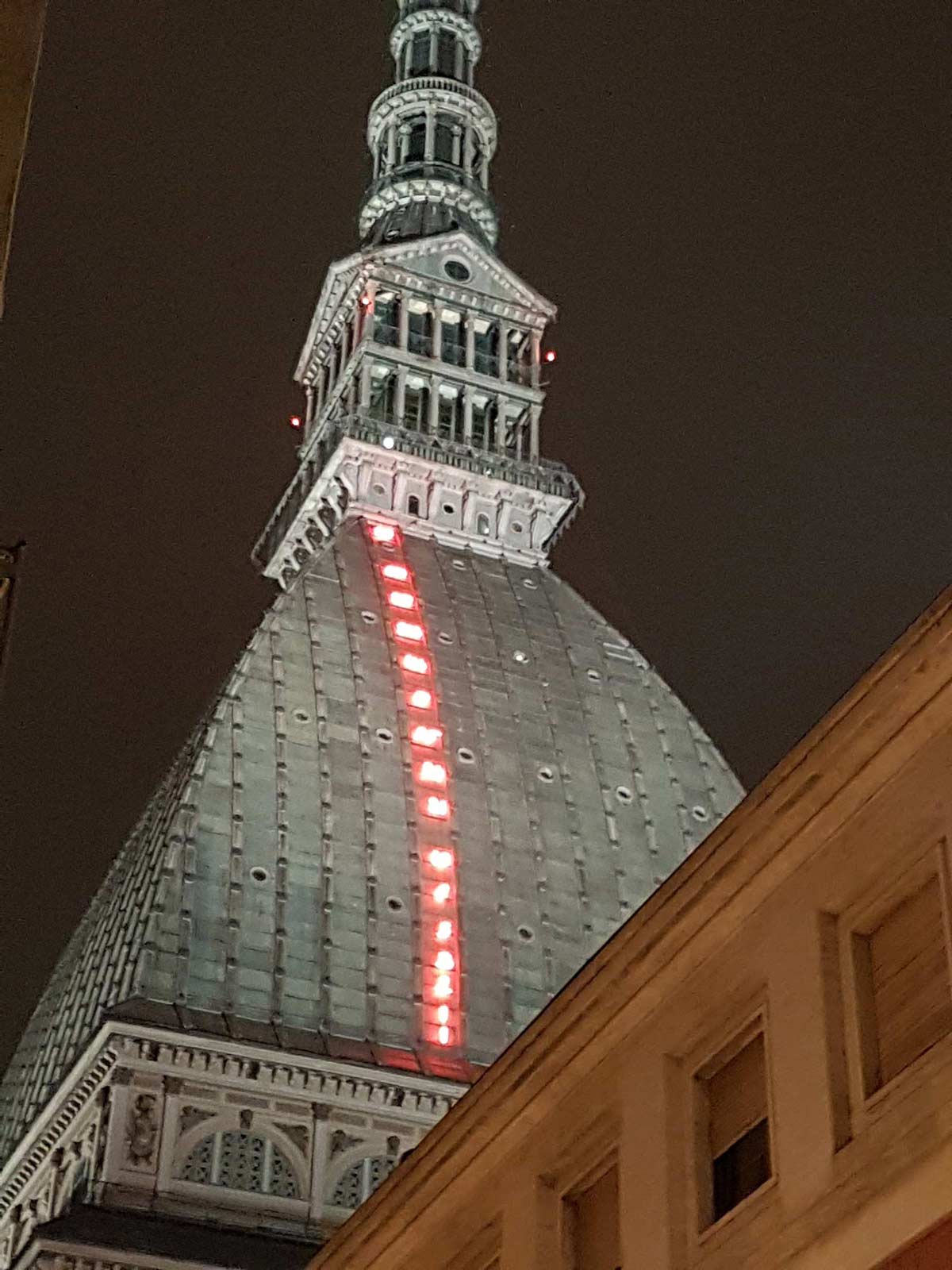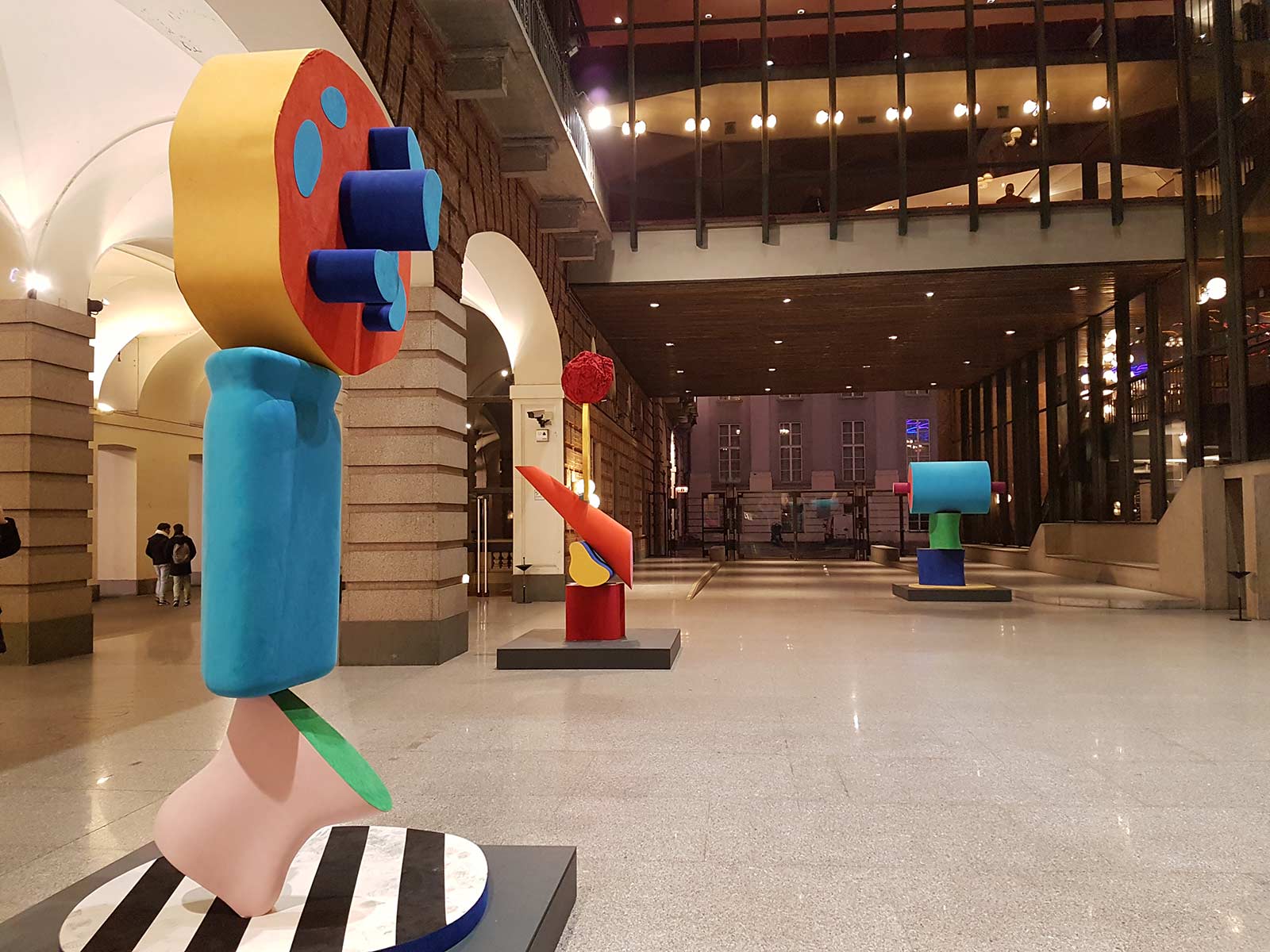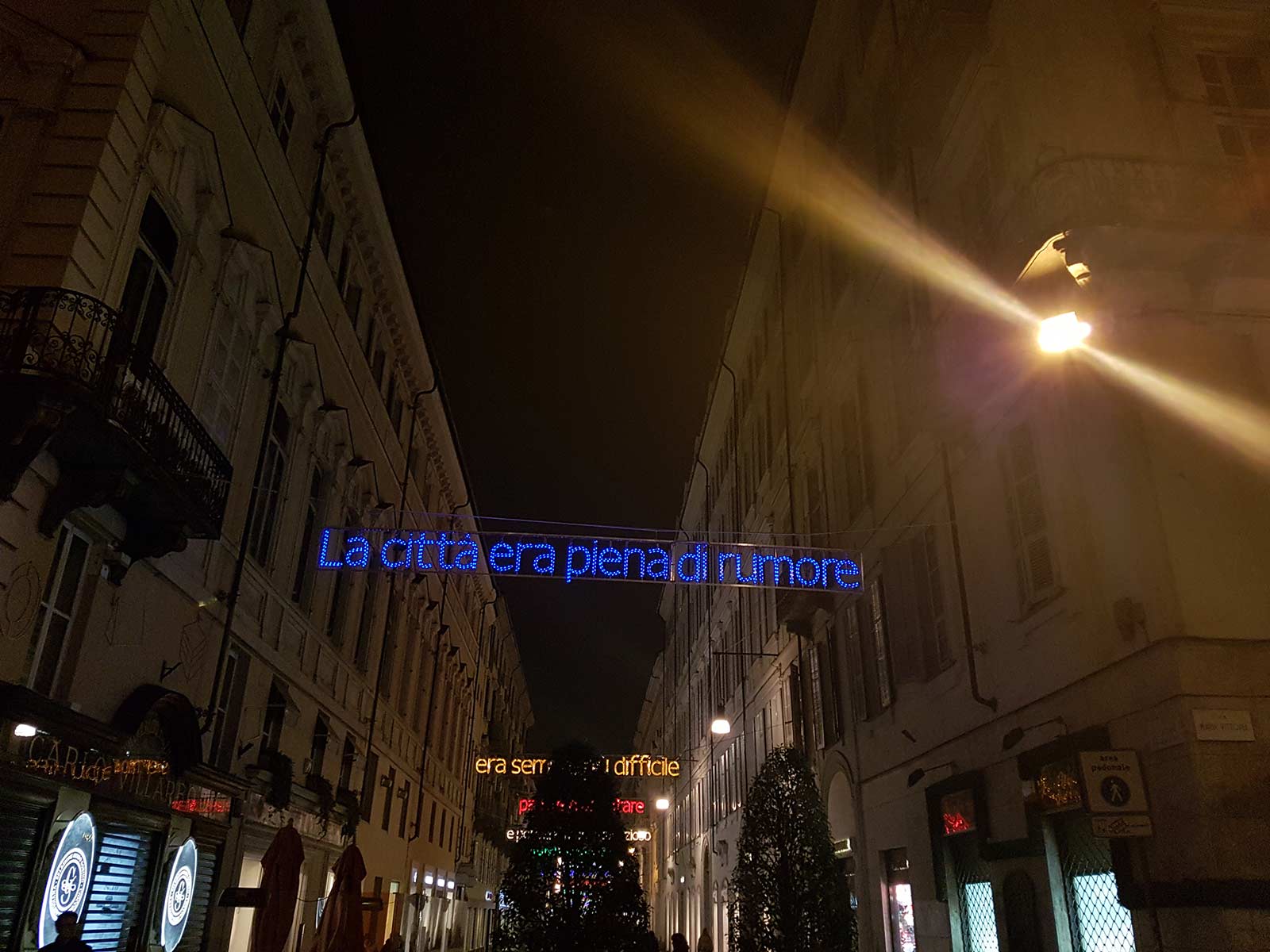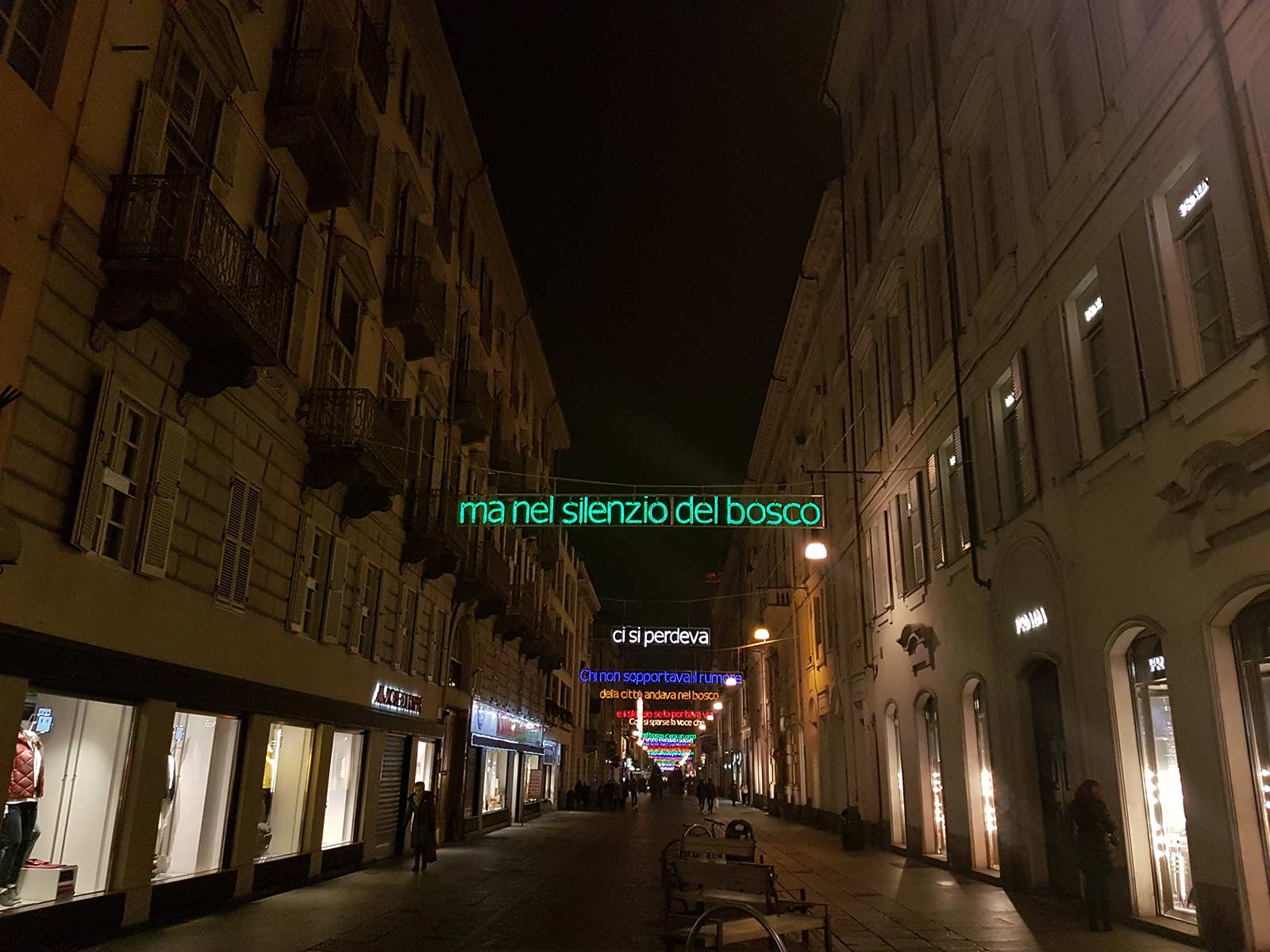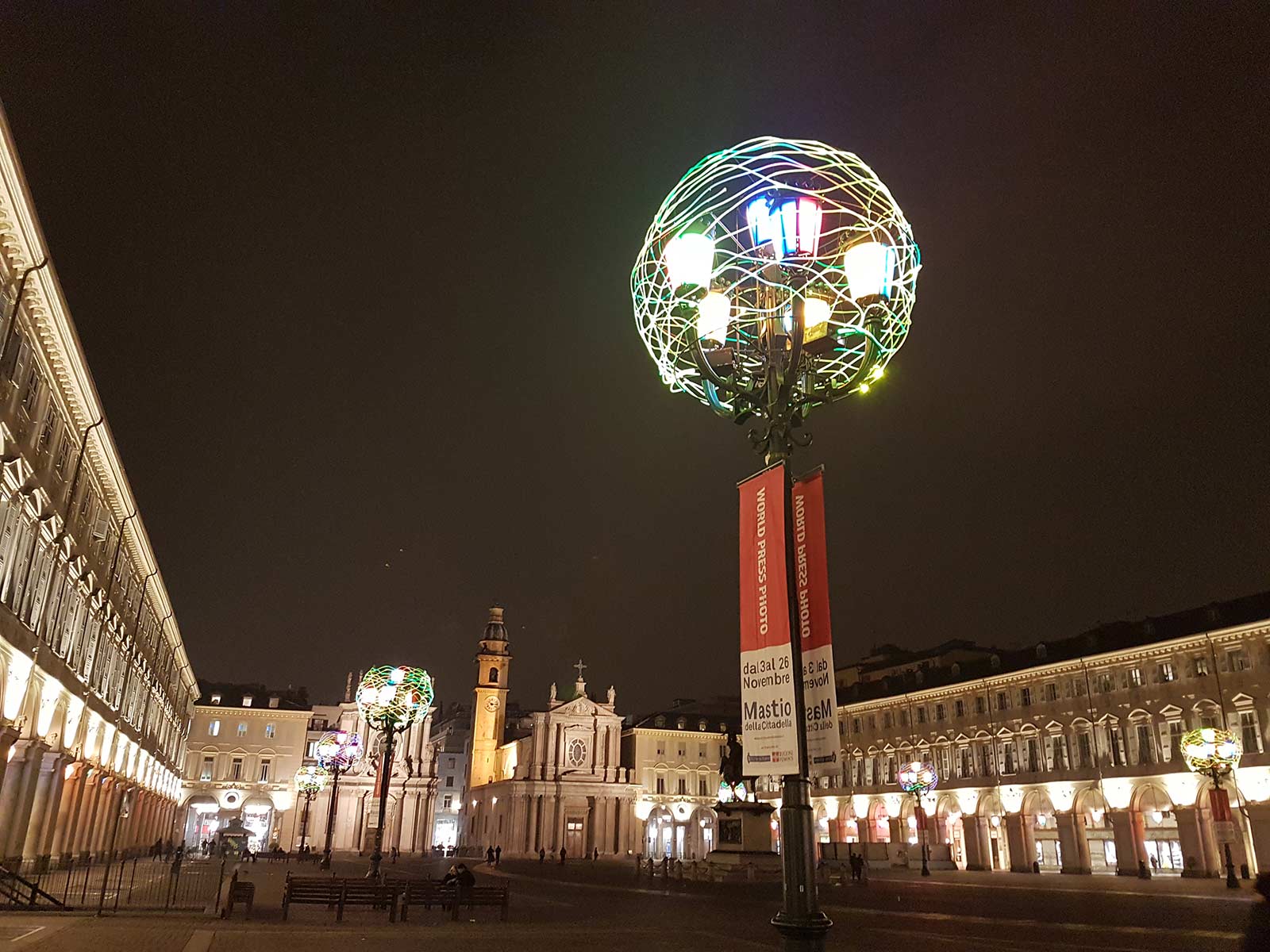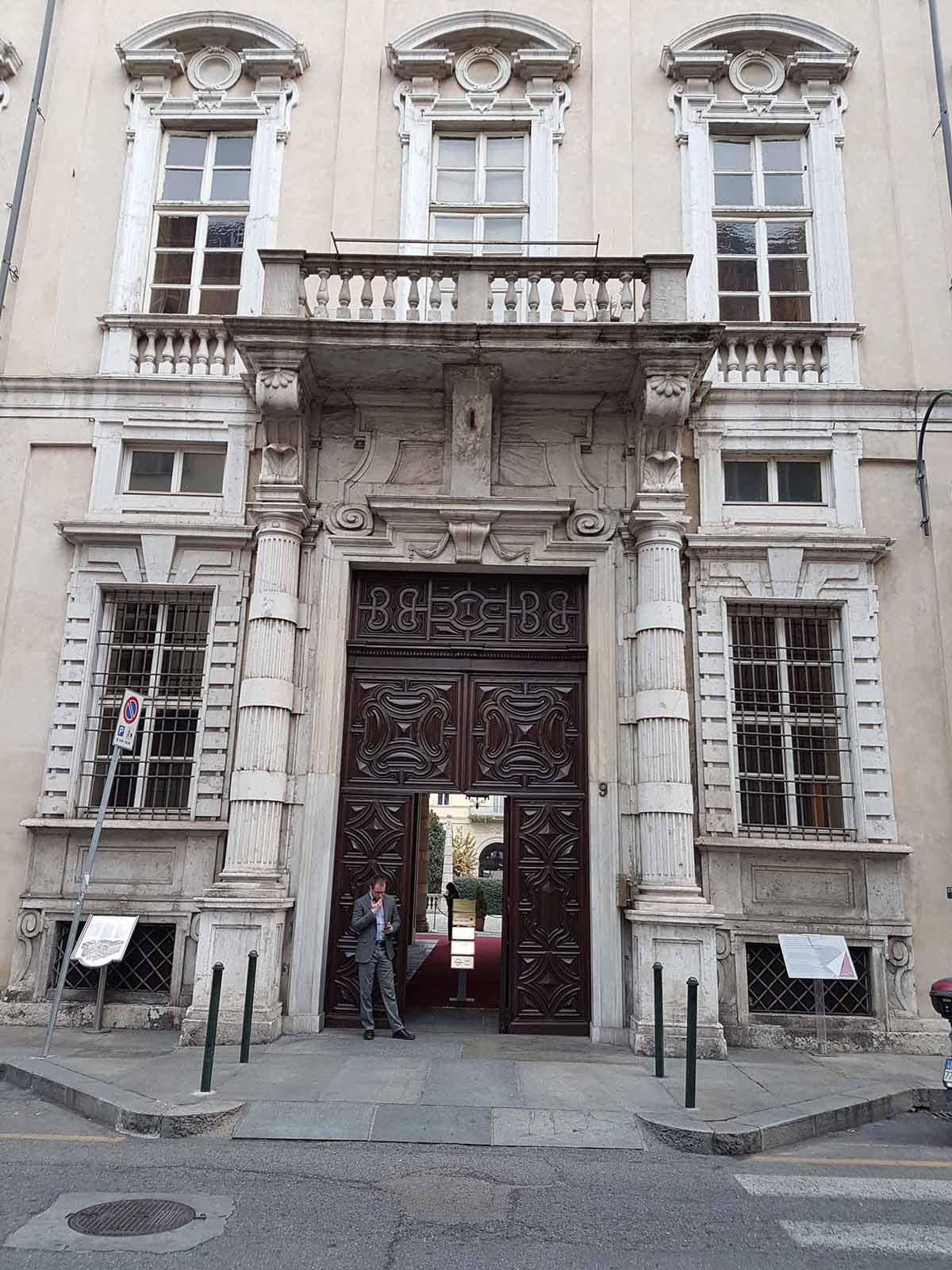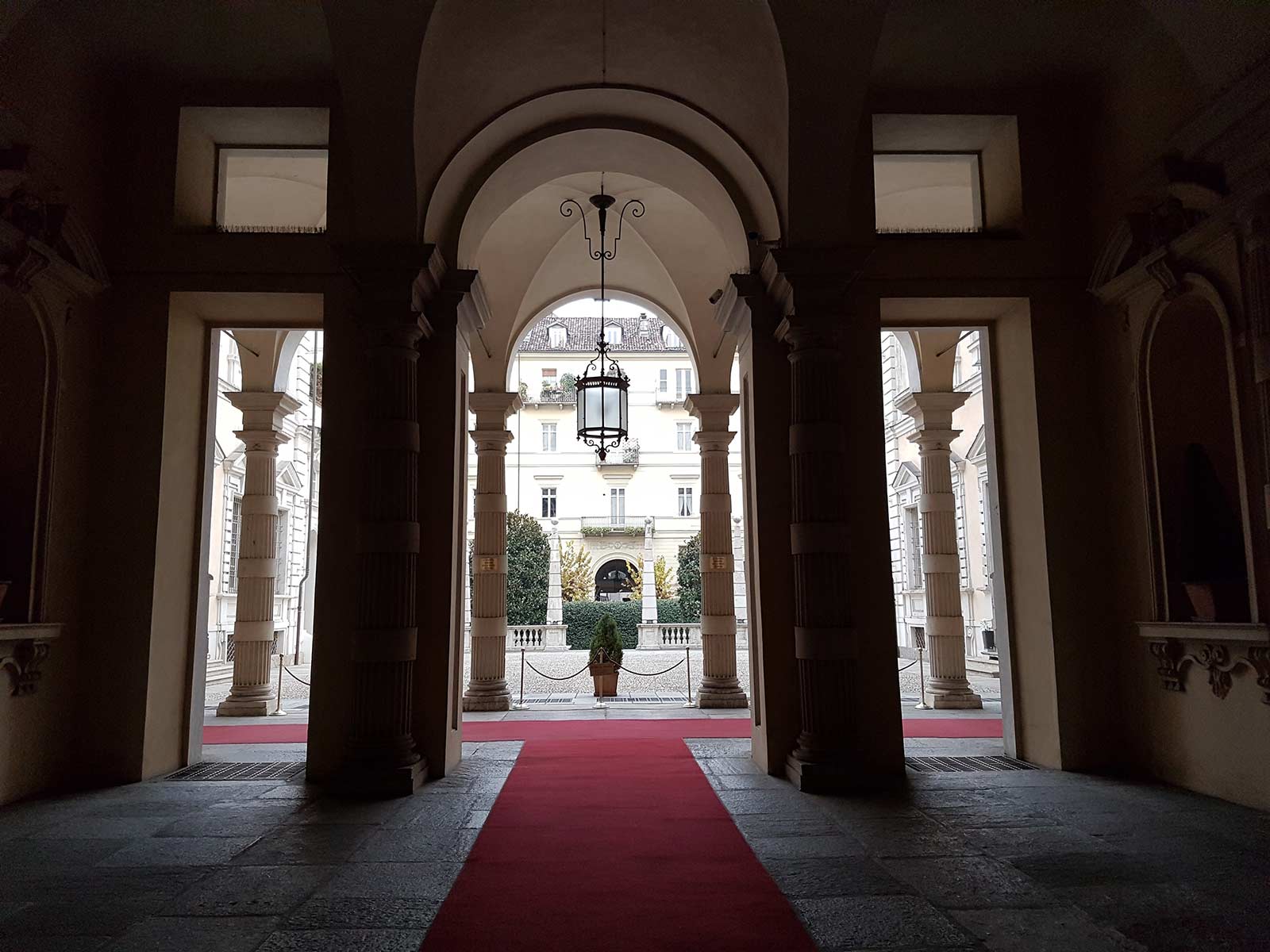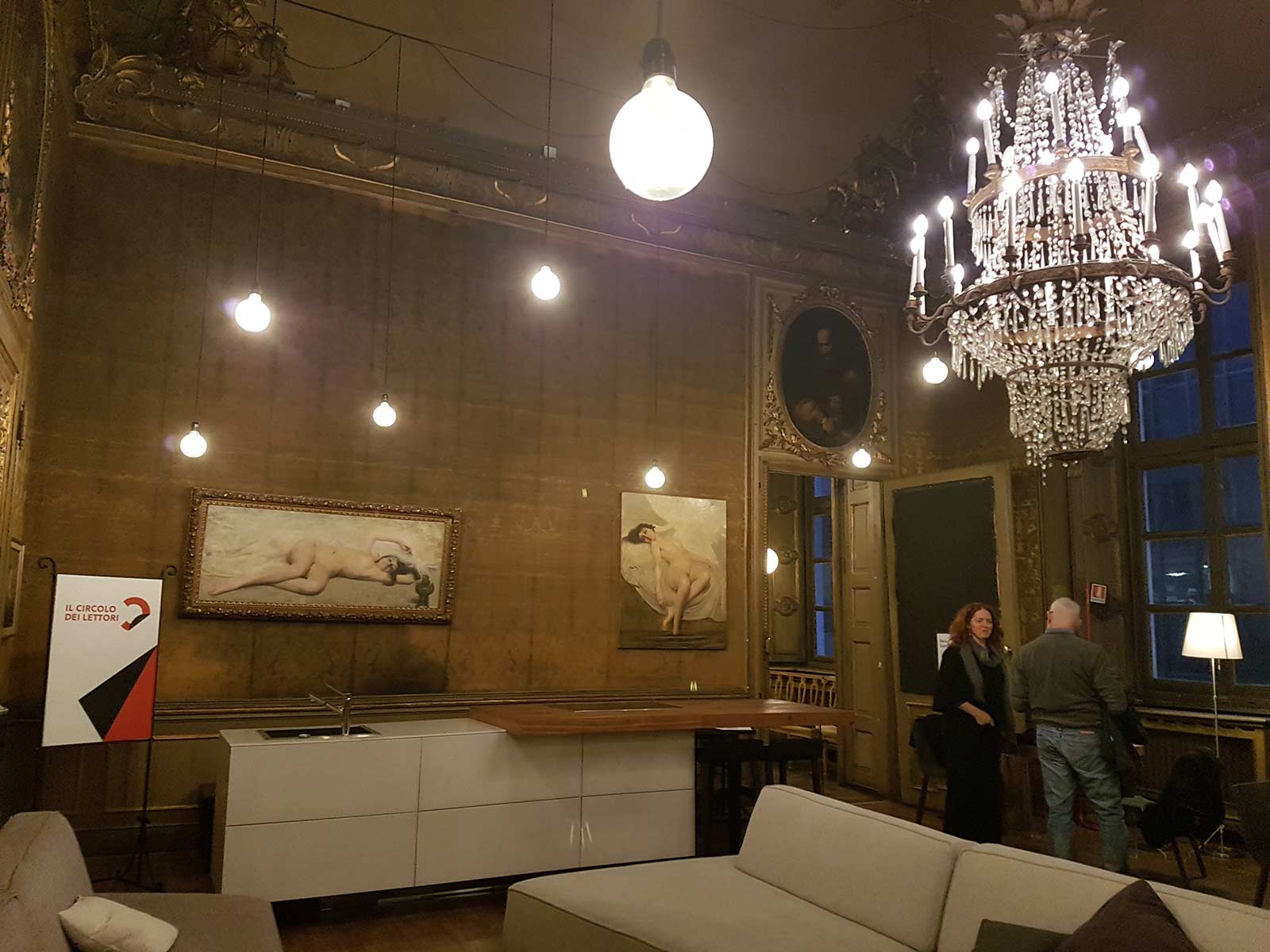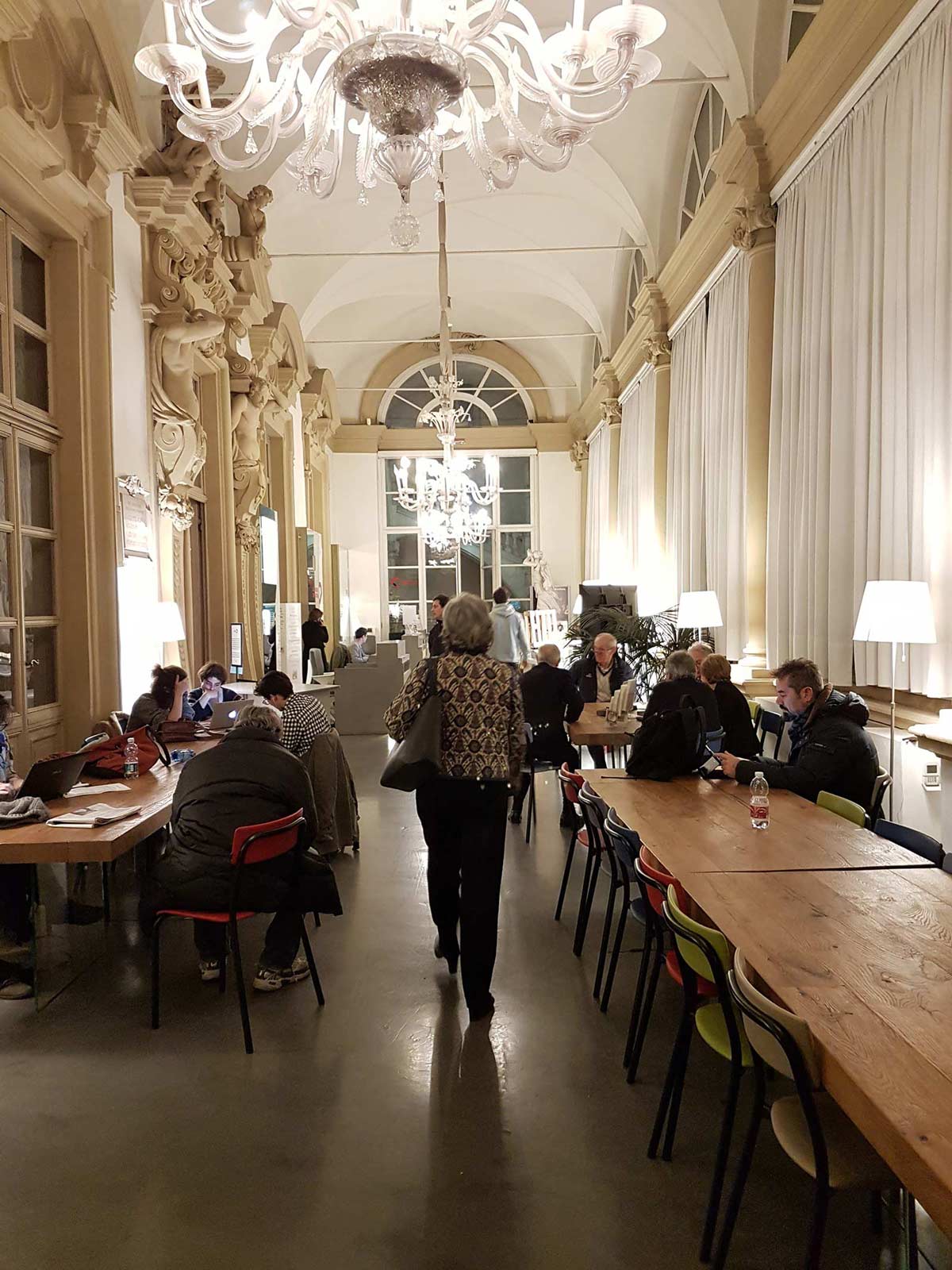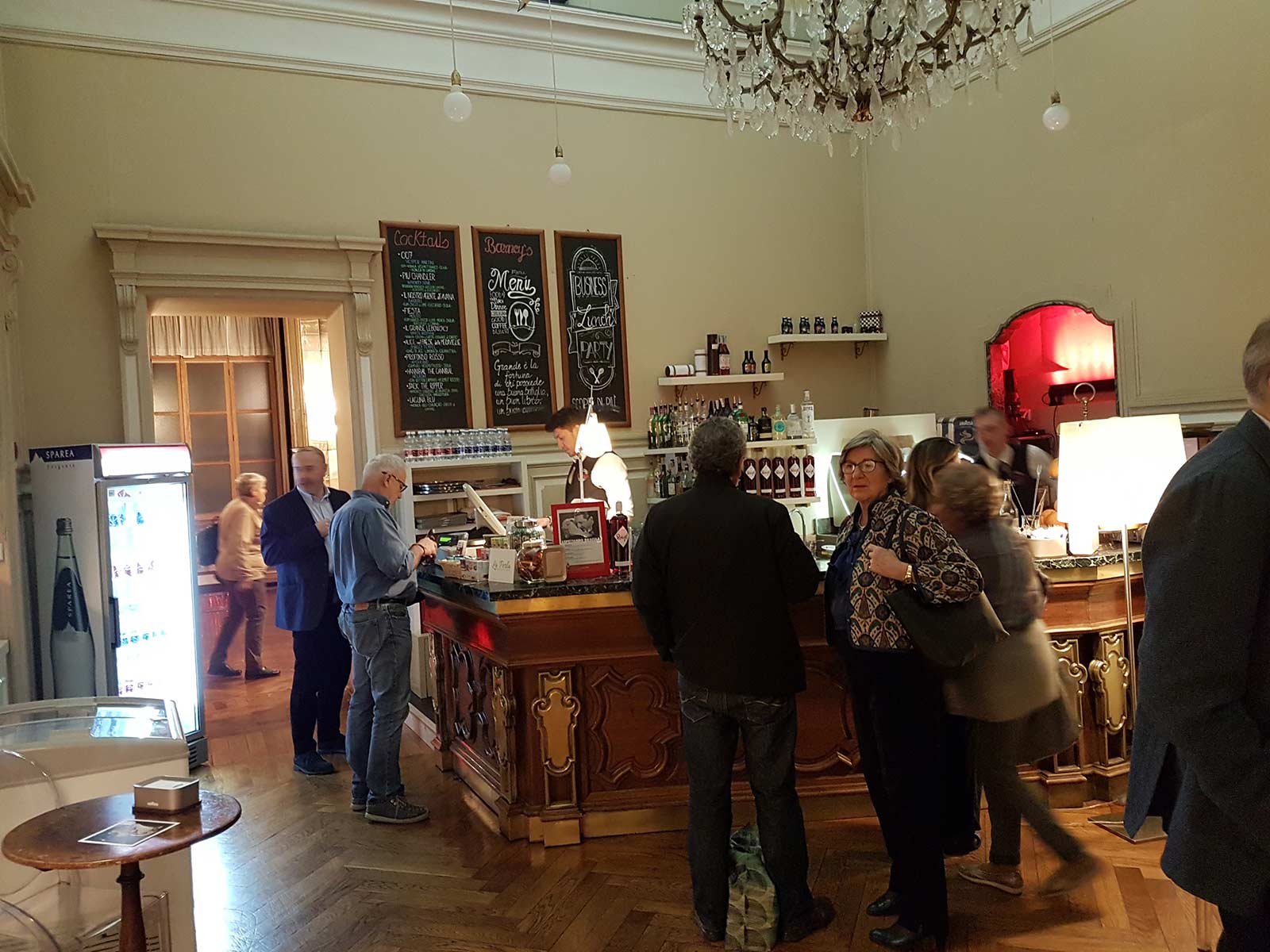Drawing the collective map of Basilicata
Our co-creation work with the Matera Basilicata 2019 foundation has enabled us to rethink some important aspects of our project named “Drawing the collective map of Basilicata”. We remain loyal to the original idea, which we feel as belonging to us and our history, but, at the same time, we live this necessary change as an opportunity and an exercise to learn how to continuously challenge ourselves. However, we feel the need to consult with the people who will play a decisive role in the desired implementation of our proposal: Katia Anguelova, our art curator, and Maurizia Rebola, director of “Il Circolo dei Lettori” of Turin, a project partner. That’s why in November we go to Milan and Turin, two cities that, among other things, devote much attention to contemporary art and frequently host interesting innovative experiences.
TUESDAY 21 NOVEMBER 2017
We leave at 8 am from Latronico, heading to Rome, where in the afternoon we take a train to Milan. We’d like to arrive on time to attend, in the late afternoon at the “Fabbrica del Vapore” (an old factory, renovated and turned into a cultural centre), the opening of the Art Book Shop Project, a space dedicated to publishing, set up by the non-profit organisation Kunstverein Milano, established also thanks to Katia Anguelova and part of an international network with offices in Amsterdam, New York and Toronto. Unfortunately the train to Milan is late, so we have to give up the idea.
WEDNESDAY 22 NOVEMBER 2017
We meet Katia Anguelova late in the morning. Life in the city goes at a pace we are not accustomed to; this gives us the opportunity to appreciate the life at a slow pace that, usually, almost annoys us; from here, the possibility to live our job and relationships at a slower pace acquires, with no doubt, greater importance. We had already spoken with Katia via Skype and on the phone, but today we can finally get to know each other in person and talk about the project and our ideas. Katia Anguelova is a smiley person, and she instils into us a sense of humanity and listening skills from the very first meeting. She is an independent and experienced curator. She has been working for more than 15 years in Italy, in the greatest international contexts. She is, among other things, the co-director of Kunstverein Milan (www.kunstverein.it) and visiting professor of Art labs and visual communication (public spaces and multiculturalism), at the Polytechnic University of Milan. She has curated Artline, a public and open-air art collection project. Her interests range from art to architecture, urban transformation, informal economy and migration, and experimental exhibition formats in contemporary art. Katia has known the ArtePollino project for some time now, so we don’t need to tell her our story; we also find out that we have some acquaintances in common. During the meeting we share our doubts and concerns, we set the essential points of the proposal submitted to the Foundation and start to talk about the changes to be made. We carefully listen to her suggestions and tips, to open ourselves to new perspectives. Katia agrees with us on the need to maintain some of the aspects, such as the work in the hinterland and land crossing activities as a form of knowledge. She tells us about Plovdiv 2019 and asks how the works are going in Matera.
We say goodbye to each other, promising to get in touch again, once back in Basilicata, to further define the cast and rethink the project’s actions; Katia should curate the entire artistic part of the project. We look forward to learning about the meeting with “Il Circolo dei Lettori”, scheduled on the next day.
In the afternoon we take a train to Turin. Luckily, we don’t have any other appointments in the evening: for the second time in two days, our train is late, due to a breakdown near Novara.
In the evening, we visit the town centre, where, for the twentieth year, the open-air “Luci d’Artista” light show takes place: Daniel Buren, Mario Merz, Carmelo Giammello, Luigi Mainolfi, Luigi Nervo, Francesco Casorati, and Nicola De Maria are some of the participating artists.
THURSDAY 23 NOVEMBER 201
The first thought of the day is for our region: just 37 years ago, entire villages, between Basilicata and Campania, were razed to the ground, in one minute and a half, by a strong earthquake that caused about 3,000 victims. While we are waiting for our second appointment, we cannot miss a visit to the prestigious Egyptian Museum.
In the afternoon, we meet Maurizia Rebola, director of “Il Circolo dei Lettori” (www.circololettori.it) and the Festival on religions and spirituality (Torino Spiritualità: www.torinospiritualita.org), Armando Buonaiuto, curator of “Torino Spiritualità”, and Francesca Vittani, in charge of the planning of “Il Circolo dei Lettori”.
We meet at the magnificent Palazzo Graneri della Roccia, in via Bogino, in the town centre. Our first impression is very good, not only for the warm welcome and quality of the venue (ten spaces in total, including a gallery, rooms, living rooms, an excellent café and restaurant), approximately 1,000 square metres dedicated to books, reading and culture. Since 2006, when Turin was awarded the title of World Book Capital, this palace has been the seat of “Il Circolo dei Lettori”. The project was commissioned by the Culture Department of Piemonte region. These rooms host a wide a range of initiatives – more than 100 each month, including meetings with authors, shows, reading groups and literary dinner parties – with many of the main actors of the international cultural scene. Moreover, each year the Club organises the Turin Festival on religions and spirituality (Torino Spiritualità). Our first meeting took place there: the 2017 edition featured a new project named “Pilgrim’s routes” (Le vie dei pellegrini, www.torinospiritualita.org/le-vie-dei-pellegrini/), which invites visitors to begin a journey into discovering landscapes, history and art. We think that moving through a region gives the possibility to get to know and narrate its territory, and the people who live there. This idea originates from our work and experience, including the one we are making in Turin.
Sitting in a café, drinking an herbal tea and eating delicious hand-made cookies, Maurizia introduces us to the other people present, with whom we establish our first contact today: they tell us about the walk and their experience, but then the discussion inevitably turns on Basilicata region, the Pollino National Park, the Bosnian pine and the Arbëreshë community. Our guests are really curious and interested, fascinated by a region they don’t know and soon would like to visit. In particular, they want to learn more about this pine, which is also the symbol of the Park, and these very little villages that have been inhabited for five centuries by Albanians fleeing their home towns and seeking refuge there; they ask questions about their culture, their dresses. The story lights up with new details, and it is only interrupted at some point by one voice, coming from the table next to ours, saying: “yes, it is true, totally true, like they tell you it is” The girl speaking is Albanian, living in Italy for some time, and she listened to our story with interest. Thanks to her, we start talking about the “burrnesha”, a tradition developed in the northern Albanian society but unknown to the communities that live in the Pollino. The Albanian sworn virgins (English translation of “burrnesha”) are women belonging to a family without males (and thus considered, according to a certain way of thinking, as defenceless and unable to survive), who take the most painful and definitive decision of living as men and renouncing to be women: they wear male clothing, cut their hair and remain virgin, definitely giving up to the opportunity of being mothers and wives, but acquiring all the rights, exclusively reserved to men, to inherit, buy and sell land, take decisions for their family, drink alcohol in public, travel, decide who their sisters have to marry and walk them down the aisle, and go to public places.
The discussion is interesting but we have to stop at some point, as we don’t have much time. We need to set our mutual commitments before we leave. We ask the “Circolo” to take care of the part of the project that should involve some writers (just a few, based on the instructions given by the Foundation), who are willing to walk between the Pollino area and Matera; writers who usually walk and write about landscapes, lands and meetings. We would like to have some moments to give feedbacks to the audience, and to do that the experience of the “Circolo” becomes essential.
Before leaving the Palazzo Granieri della Roccia, Armando guides us on a short tour of the rooms and explains to us the functioning and programme of the “Circolo”. Then we say goodbye to each other. We stay alone for some time, again. In the rooms, we see few young people, the average age is quite high, but we don’t know whether this is due to the time, the period or other reason. We leave Via Bogino, our short journey now draws to its close. Tomorrow morning, the train is taking us back to Salerno and from there we are going home by coach.
